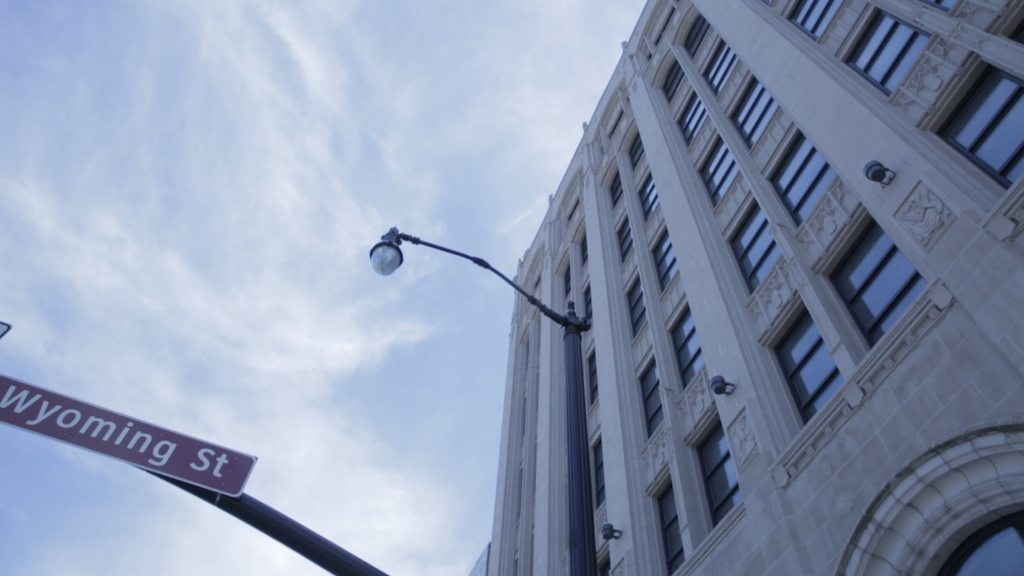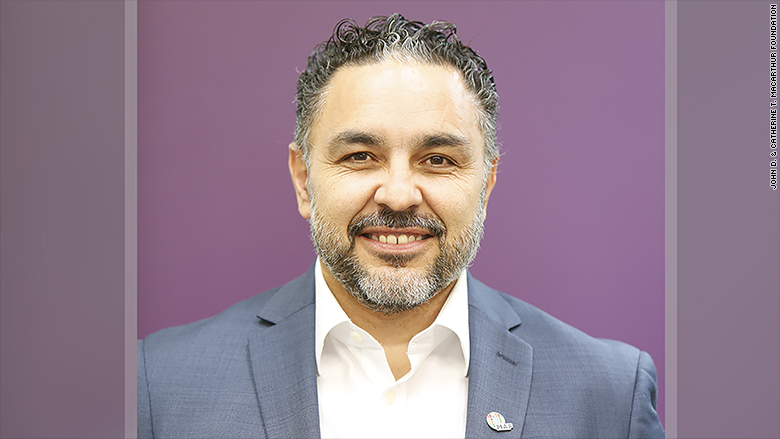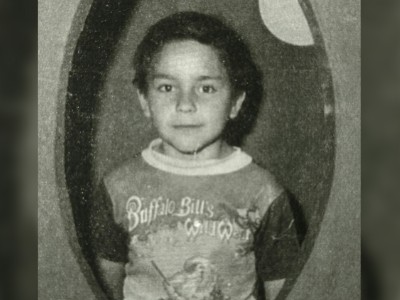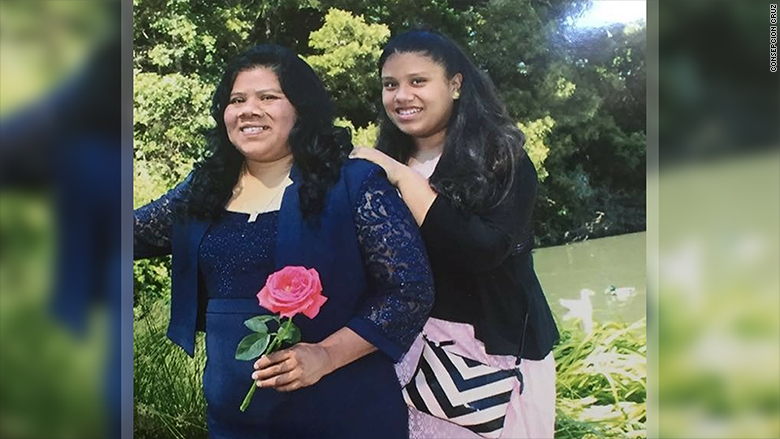
José Quiñonez is helping immigrants come out from the shadows of the American banking system.
He has developed a way for the nation's "unbanked" to gain access to bank accounts and other financial services, pay down costly high-interest debts and build their credit without relying on predatory payday loans.
Created in 2007, Quiñonez's Mission Asset Fund is modeled on the informal lending circles long used by immigrant communities, where small groups of people agree to invest an equal sum of money, say $100 per person, and take turns accessing the pot.
"This age-old practice [has been] happening for Millennia all over the world," Quiñonez said. "We saw there was something more there."
So Quiñonez formalized these lending circles. Participants still pool their money, but Mission Asset Fund also requires them to sign promissory notes that officially records their payment activities. As the servicer to these loans, Mission Asset Fund reports all of these activities to the credit bureaus, thereby helping the lending circle participants build and improve their credit.
Immigrants, Quinonez said, "are financially savvy already, but society hadn't given them credit for it."
Related: Where the biggest inequality gaps are in America
So far, the Mission Asset Fund has created 6,100 loans nationwide, with a total value of more than $6.3 million, Quiñonez said. And the default rate on those loans has averaged less than 1%.

Within a year of starting the program, he said many participants have gone from having no credit score at all to a score of about 600. For those who already had some credit history, scores have improved by an average of 168 points. The program boasts an average credit score of 670, including some who have scores ranging from 700 to 800, Quiñonez said.
"Our whole economy is built around credit and credit scores," Quiñonez said. "By having better credit or credit scores they are getting prime rate loans."
Last week, Quiñonez was awarded the prestigious MacArthur Fellowship for his innovative program. Often called the "genius grant," MacArthur fellows receive a $625,000 stipend over the course of five years.
Related: How Latinos are saving this former Pennsylvania mining town
Quiñonez said he plans to use some of the money to expand the lending circles program to even more communities and work with more nonprofits that serve Chinese, Filipino and Afghan immigrants. The program is currently available in 17 states and the District of Columbia.

Quiñonez said he knows what it's like "to live in the margins of society." His father died when he was 2 and his mother passed away when he was 9.
On July 4th, 1980, he and his siblings crossed the U.S.-Mexico border through an underground tunnel. They spent the next four days traveling to San Jose, California, where they would stay with extended family.
"Then we had to be hidden, you have to make yourself invisible, you can not demand anything in society," said Quiñonez of the time he spent undocumented. But it was President Ronald Reagan's 1986 immigration reform bill that turned Quiñonez's life around. Among other things, the bill gave legal status to some immigrants who had entered the U.S. before 1982.
He would go on to graduate from The University of California, Davis with a degree in Chicano Studies and master's in Public Affairs from Princeton University.
Related: The worker shortage facing America's farmers
In San Francisco's Mission District, about 70% of Quiñonez's clients are immigrant women making an average of $32,000 a year, many as domestic workers. Clients use the money to pay off other high interest loans, as savings or toward small business expenses, Quiñonez said.
Consepcion Cruz, 43, is one of those women. Cruz came to the U.S. from Oaxaca, Mexico, in 2001. She's spent the last 15 years cleaning houses in downtown Oakland and San Francisco.

Cruz is a single mother with one daughter here in the U.S. and another she had to leave behind in Mexico since she couldn't afford to take care of her. She has been participating in the the Mission Asset Fund lending circles since 2012. She used her first loan of $800 to get a new transmission for her car. The second time she sent $1,600 to pay for her daughter's nursing school tuition in Mexico.
Cruz said her credit score is now 721. She recently bought her first new car and is starting a house cleaning business with a friend.
"So many times we see women that have the vision, but are often ignored and told they can't do what they want to do," said Cruz. "I'm so happy that I got this opportunity. I'm so grateful."


